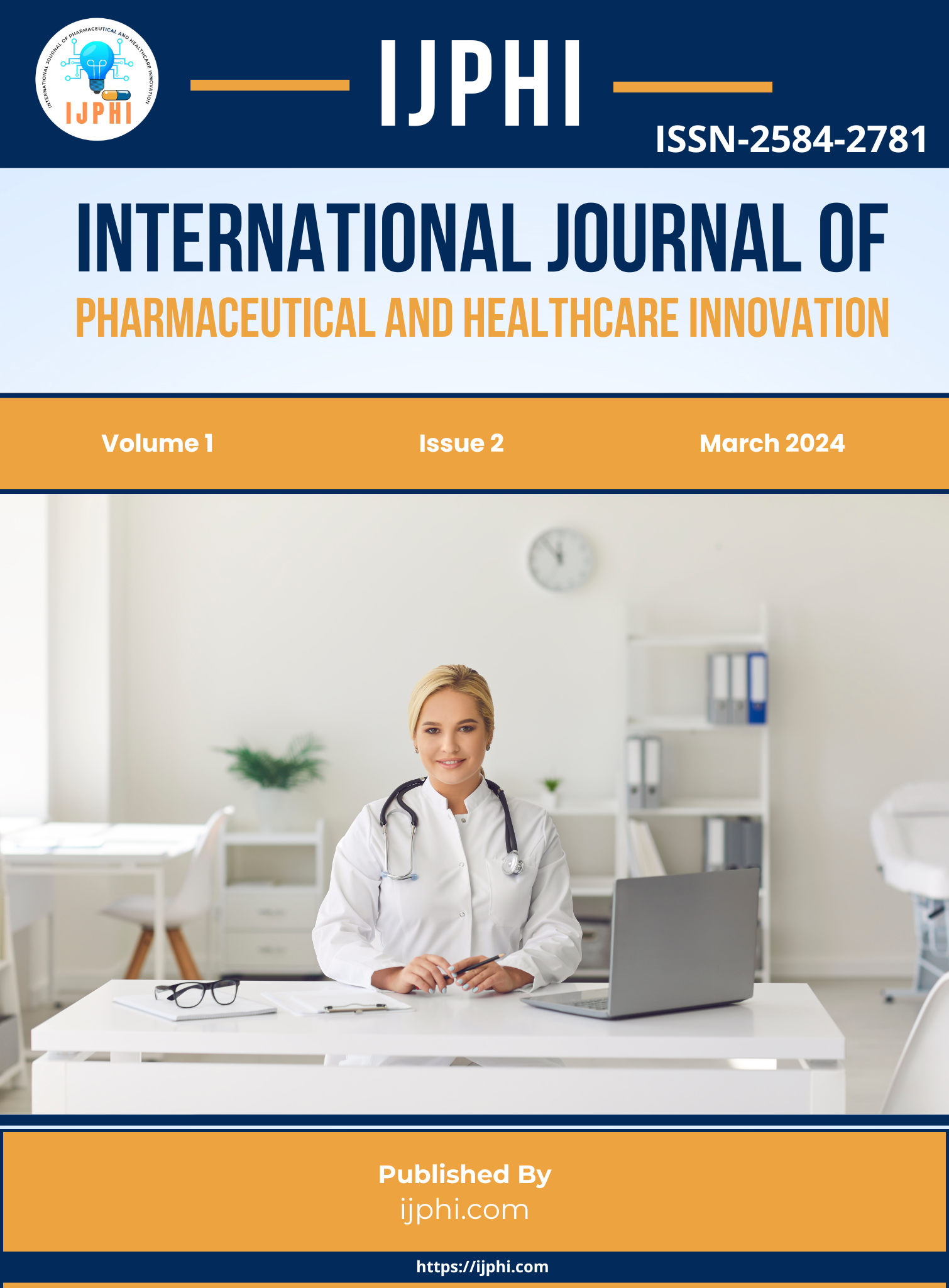A review on novel herbal drugs for antidiabetic activity
Keywords:
Anti-diabetes, Herbal drugs, Diabetes mellitus (DM), Insulin.Abstract
Diabetes mellitus (DM) is still a major health issue worldwide, with the number of cases increasing. While using insulin is an important part of managing DM, there is also interest in exploring other options like herbal drugs to improve treatment results and reduce the side effects that come with long-term insulin use. This article aims to analyze recent studies on how effective and safe different anti-diabetic herbal drugs are in managing DM, as well as how they work. We reviewed various sources to find out which herbal drugs are known for their anti-diabetic properties, such as gurmar, tulsi, garlic, neem, bitter melon, fenugreek, cinnamon, and ginseng. We looked into the chemical components and actions of these herbs to understand how they might help regulate blood sugar levels, increase insulin sensitivity, and protect pancreatic β-cells. We also discussed clinical trials that looked at how well these herbal drugs worked on their own or when used alongside insulin, focusing on their effects on blood sugar control, cholesterol levels, and insulin dosage in diabetic patients. Additionally, we explored safety concerns like possible interactions between herbs and drugs and any adverse effects they might have. The goal is to give doctors and patients a complete overview of these herbal anti-diabetic drugs so they can make informed decisions. Based on our findings, using herbal anti-diabetic drugs along with conventional treatment shows promise in managing DM better. It also suggests areas where more research is needed and how these drugs can be integrated into current medical practices to improve treatment results and quality of life for people with diabetes.

Downloads
Published
Issue
Section
License

This work is licensed under a Creative Commons Attribution-NonCommercial 4.0 International License.
All articles published in the International Journal of Pharmaceutical and Healthcare Innovation (IJPHI) are licensed under the Creative Commons Attribution–NonCommercial 4.0 International License (CC BY-NC 4.0). Authors retain copyright of their work and grant the journal the right of first publication. The published material may be used, shared, and reproduced for non-commercial purposes with proper attribution.
© IJPHI GLOBAL PUBLISHER PVT. LTD.










